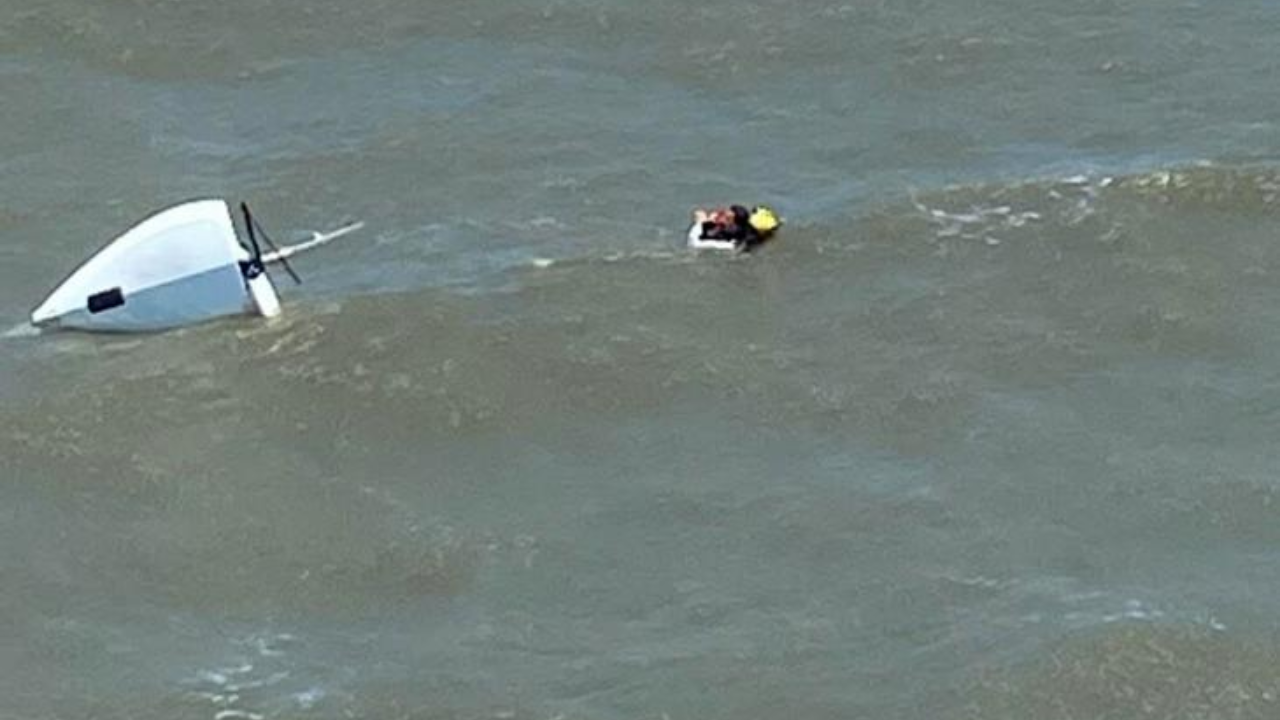A recent incident involving a Charleston man highlights the unexpected risks that can arise during recreational boating and water activities. Bradley McQueen, an avid boater and diver, experienced a painful barracuda bite that serves as a stark reminder of the hidden hazards present in local waters and the importance of boating safety.
When a Barracuda Struck
While on a diving trip near St. John in the Virgin Islands, McQueen was rinsing a dish on his boat when a barracuda unexpectedly bit his thumb. The fish’s sudden attack caused severe injury, necessitating emergency medical treatment. Despite initial difficulties in obtaining adequate care, McQueen underwent surgery followed by months of physical therapy to regain function in his injured thumb.
Barracuda attacks on humans are rare but can happen, especially in tropical and subtropical waters where these fish are found. Barracudas are known to be curious and sometimes aggressive, particularly when attracted to shiny objects such as jewelry or metal equipment.
Understanding Barracudas and Their Behavior
Barracudas are predatory fish commonly found in coastal waters around Charleston and other parts of South Carolina. These long, slender fish can grow quite large, and while they typically avoid humans, their natural hunting instincts can sometimes result in bites.
The U.S. National Oceanic and Atmospheric Administration (NOAA) explains that barracudas usually pose little threat unless provoked or mistaken in their hunting. They tend to strike at fast-moving prey, and reflections from metallic objects can attract their attention. For this reason, NOAA advises divers and boaters to avoid wearing reflective gear and to stay alert when swimming or diving in areas where barracudas are common.

The Broader Boating Safety Picture
While the barracuda bite incident is uncommon, boating hazards extend far beyond wildlife encounters. According to the U.S. Coast Guard, boating accidents and injuries often result from a combination of human error, environmental factors, and equipment failure.
Common boating injuries include falls overboard, collisions with submerged or floating objects, propeller strikes, and accidents during docking or loading. The U.S. Coast Guard’s Boating Safety Division recommends that all boaters take a safe boating course, wear life jackets at all times, and maintain vigilance to reduce risks. (U.S. Coast Guard Boating Safety)
Local Waters and What Boaters Should Know
Charleston’s coastal waters are a popular destination for boating, fishing, and water sports. Alongside barracudas, local waters host various marine wildlife that can pose risks if precautions are not followed. McQueen’s injury underscores the need for preparedness and awareness, even in familiar waters.
Boaters are encouraged to:
- Avoid wearing shiny or reflective jewelry and gear that could attract curious fish.
- Keep a first aid kit on board, including supplies to treat bites or injuries.
- Be aware of local wildlife habits and seasonal activity changes.
- Understand and follow safety protocols specific to the region.
McQueen’s Recovery and Continued Caution
Despite the severity of his injury, Bradley McQueen has made a remarkable recovery thanks to prompt medical intervention and dedicated therapy. He continues to enjoy boating but does so with heightened awareness of potential dangers.
His story serves as a powerful reminder that boating, while a beloved pastime, requires respect for nature and attention to safety.
Staying Safe on the Water
As summer approaches and more people head out on boats, McQueen’s experience is a timely warning about the unexpected hazards that can occur. Whether it’s wildlife encounters like barracuda bites or more common boating accidents, safety must always be a priority.


